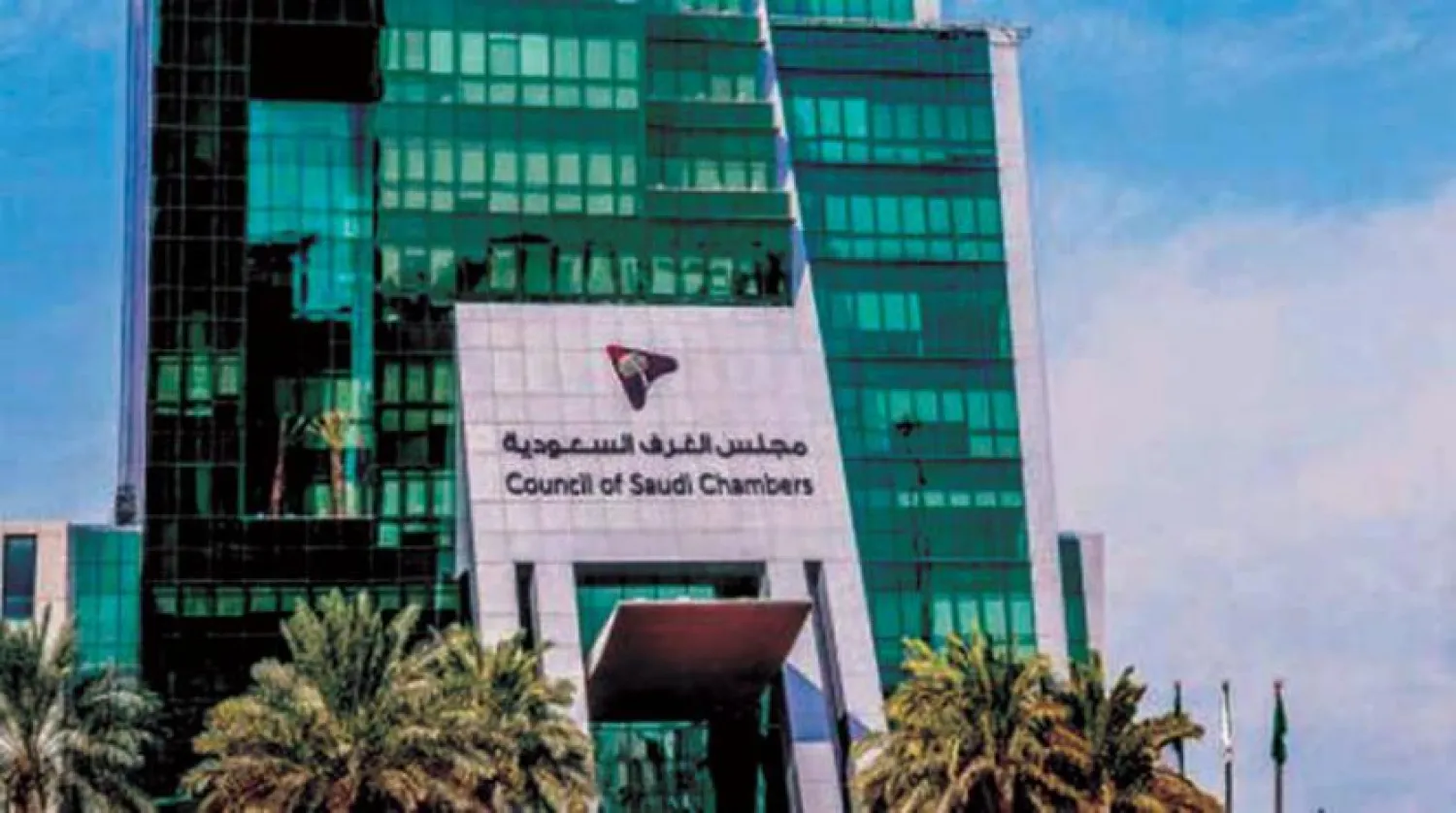The Saudi Ministry of Commerce has introduced a new system to the Chambers of Commerce that is centered on raising business competitiveness and developing economic activities nationwide through enhancing strategic partnerships.
Saudi Commerce Minister Majid Al Qasabi confirmed that the new system will provide a solid roadmap for developing the Kingdom’s Chambers of Commerce and that it goes hand in hand with the national vision for transformation, dubbed “Kingdom Vision 2030.”
The new chambers' system was approved during the Saudi cabinet’s meeting on December 1 that was chaired by King Salman bin Abdulaziz.
The system will also improve the performance of commerce chambers through performance indicators and raise efficiency as per the best international practices, according to a statement by the ministry.
Under the new system, the name of the Council of Saudi Chambers (CSC) will be changed to the Union of Chambers (UoC), the statement said.
In addition, it will facilitate the start and practice of a business as it will exempt all new companies and institutions from chambers’ subscription fees for a period of three years.
Furthermore, foreign investors will be able to join the boards of commerce chambers for the first time after the Saudi citizenship condition for the membership was cancelled.
Former heads and members at the Saudi Chambers of Commerce told Asharq Al-Awsat that the new system will ensure a qualitative leap by introducing performance measurement indicators and raising efficiency.
This will enhance competitiveness in the business sector as well as help the Chambers keep up-to-date with relevant government agencies on plans and strategies that develop the national economy and strengthen the role of the private sector.
UoC Chairman Ajlan Al-Ajlan explained that the new system comes at an important economic stage in which the Kingdom is undergoing a comprehensive transformation process based on Kingdom Vision 2030.
The transformation includes comprehensively restructuring the Saudi economy, developing and reforming commercial and investment regulations and legislation, as well as an expanding the role played by the private sector in economic development.









